Bangladesh prime minister joins world leaders at G20 summit in India
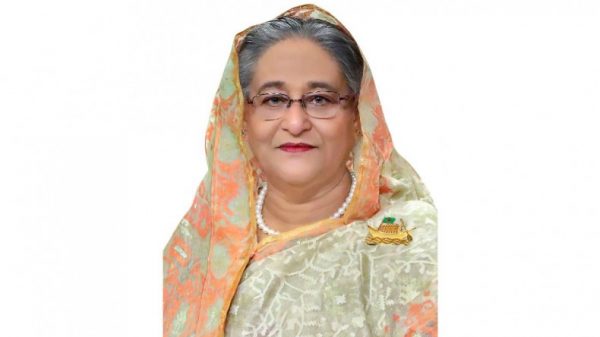
Shawdesh Desk:
Prime minister Sheikh Hasina on Saturday joined the world leaders at G20 summit being held at Bharat Mandapam Convention Centre at Pragati Maidan in New Delhi.
On her arrival at the venue, she was welcomed by Indian prime minister Narendra Modi.
PM Hasina has been invited as a guest by host prime minister Modi along with leaders from Egypt, Mauritius, the Netherlands, Nigeria, Oman, Singapore, Spain and UAE.
The G20 bloc comprises 19 countries — Argentina, Australia, Brazil, Canada, China, France, Germany, India, Indonesia, Italy, Japan, Republic of Korea, Mexico, Russia, Saudi Arabia, South Africa, Turkiye, United Kingdom, and United States) and European Union.
The G20 members represent around 85 per cent of the global GDP, over 75 per cent of the global trade, and about two-thirds of the world population.
The G20 was founded in 1999 after the Asian financial crisis as a forum for the finance ministers and central bank governors to discuss global economic and financial issues.
The theme of India’s G20 Presidency — ‘Vasudhaiva Kutumbakam’ or ‘One Earth · One Family · One Future’ — is drawn from the ancient Sanskrit text of the Maha Upanishad. Essentially, the theme affirms the value of all life — human, animal, plant, and microorganisms — and their interconnectedness on the planet Earth and in the wider universe.
The theme also spotlights LiFE (Lifestyle for Environment), with its associated, environmentally sustainable and responsible choices, both at the level of individual lifestyles as well as national development, leading to globally transformative actions resulting in a cleaner, greener and bluer future.
G20 is the premier forum for international economic cooperation and it plays an important role in shaping and strengthening global architecture and governance on all major international economic issues.
The 19 member countries are therefore divided up into five groups comprising a maximum of four countries each. Most of the groups are formed on a regional basis, that is countries from the same region are usually put in the same group. Only Group 1 (Australia, Canada, Saudi Arabia and the United States) and Group 2 (India, Russia, South Africa and Turkiye) do not follow this pattern.
Group 3 includes Argentina, Brazil, and Mexico; Group 4 includes France, Germany, Italy, and United Kingdom; and Group 5 includes China, Indonesia, Japan, and Republic of Korea.
The EU, the 20th member, is not a member of any of these regional groups.
Each year another country from a different group assumes the G20 presidency. The countries in a group are each equally entitled to take on the presidency when it is their group’s turn, though.
India, from Group 2, holds the current presidency of the G20 from 1 December 2022 to 30 November 2023.
The G20 presidency is responsible for bringing together the G20 agenda in consultation with other members and in response to developments in the global economy. To ensure continuity, the presidency is supported by a ‘troika’ made up of the current, immediate past and next host countries.
During India’s presidency, the members of the G20 troika are Indonesia, India and Brazil.
In addition to the member countries, each G20 presidency invites other guest countries and international organisations to participate in the G20 meetings and summit.
India has invited ISA, CDRI and ADB in addition to the regular G20 International Organisations — UN, IMF, WB, WHO, WTO, ILO, FSB and OECD — and chairs of regional organisations — AU, AUDA-NEPAD and ASEAN.
In the summit, the G20 leaders would discuss and find solutions to several key global issues including digital transformation, climate financing, Sustainable Development Goals, food security, the economic and social impacts of the Russia-Ukraine war and increasing the capacity of multilateral development banks, among others.
World leaders attending the event in New Delhi are — US president Joe Biden, French president Emmanuel Macron, South Korean president Yoon Suk Yeol, Turkish president Tayyip Erdogan, Argentina’s president Alberto Fernandez, Nigeria’s president Bola Tinubu, Chinese premier Li Qiang, Britain’s prime minister Rishi Sunak, Australian prime minister Anthony Albanese, Canadian prime minister Justin Trudeau, German chancellor Olaf Scholz, Japanese prime minister Fumio Kishida, Saudi Arabia’s crown prince Mohammed Bin Salman, South African president Cyril Ramaphosa, among others.
Sheikh Hasina has also schedule to have bilateral meetings with the Saudi Arabian crown prince and prime minister Mohammad Bin Salman Bin Abdul Aziz, United Arab Emirates president Sheikh Mohammed Bin Zayed Al Nahyan, president of Republic Korea Yoon Suk Yeol and Argentine president Alberto Angel Fernandez on the sidelines of the summit.


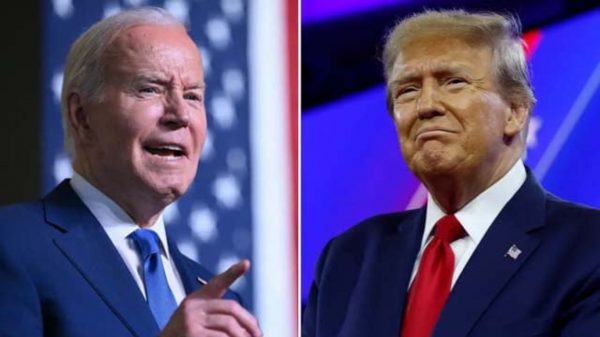
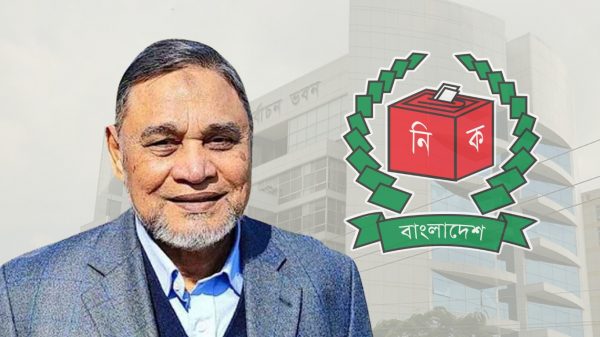
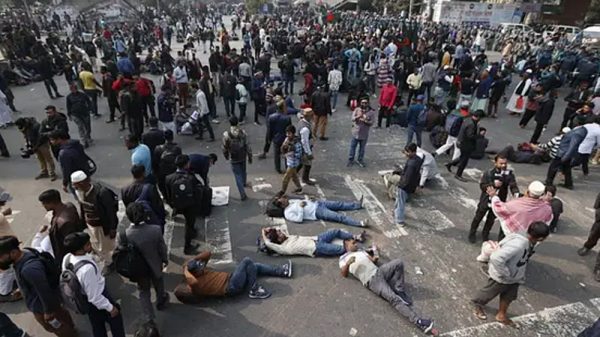
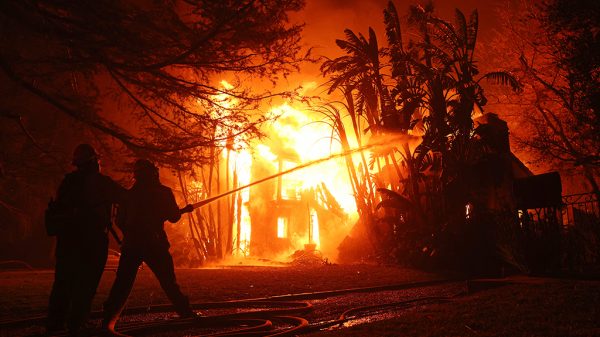
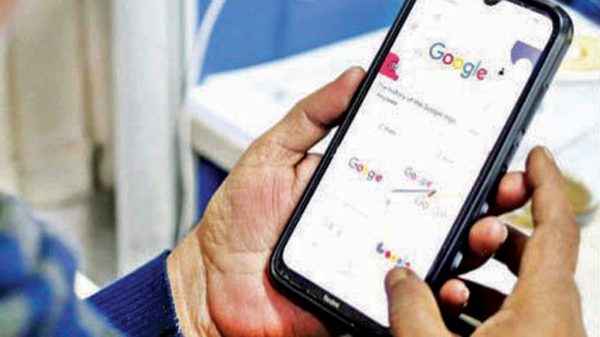
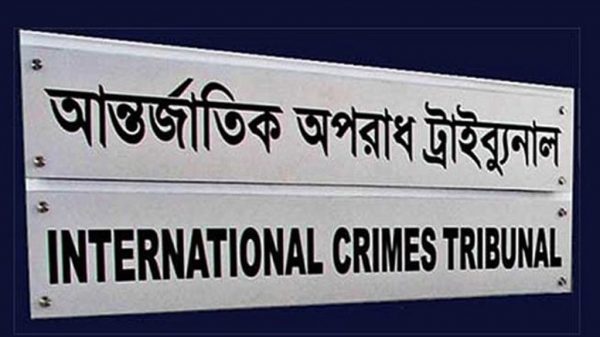
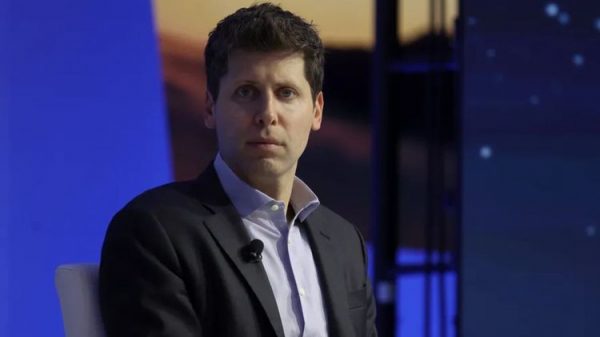

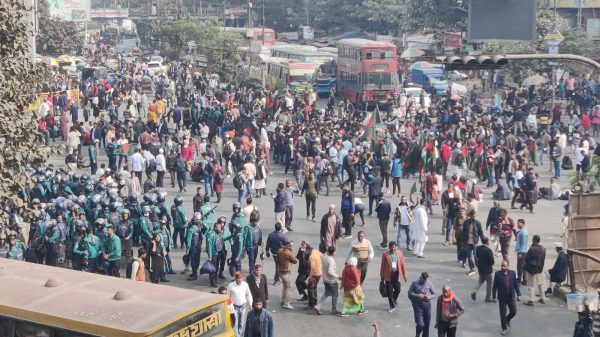
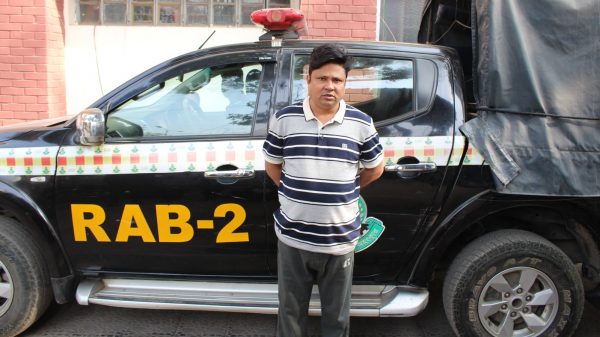











Leave a Reply